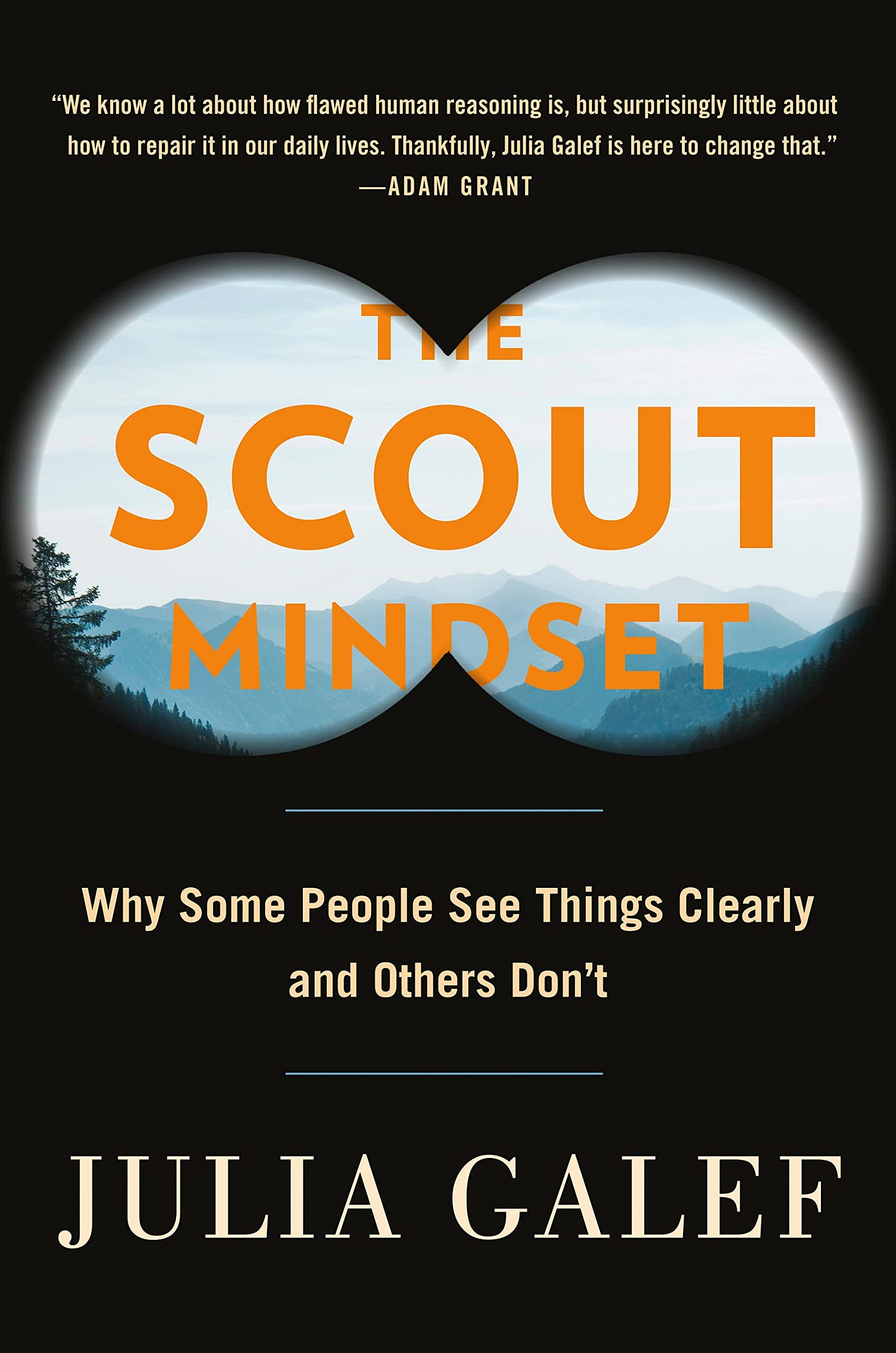How to consume nuanced internet content
Don’t limit yourself. Follow these 10 rules to improve your content diet.
We certainly live in interesting times. Technology is advancing beyond what we can grasp, geopolitical struggle is looming on the horizon and culture is shifting beneath our feet. We also have an endless sea of content to consume that contextualizes all of it for us. How we feel about the world is largely based on the content we consume.
That is why I have developed a basic ruleset to more effectively navigate the world of digital media. These rules have helped me find more good faith creators and avoid propaganda. It’s also allowed me to have less emotional responses to information. The internet is also a big place. Really big. These rules have helped me discover more of it, rather than being trapped within algorithmic bubbles.
It is not a comprehensive list, and it doesn’t try to answer every challenge that we have about the internet. They serve as useful reminders to help me to stay safe, curious and open minded. I hope they can serve as a helpful framework for you in trying to improve your content diet, so we can understand the world and make it better.
Follow these 10 rules to get more informed online
Use emotion as an alarm. If a headline or a piece of content is making you emotional, it’s often designed to do so by preying on your biases. Take a step back and make sure you are understanding the actual information clearly, because this type of content is often trying to make you think a certain way, rather than present information fairly.
Avoid the algos. Most often, social media algorithms are designed to enrage and engage. You don’t want your content diet being filtered through such a tool. If everything you see is based on an algorithm that is trying to feed you what you want, then you’re just caught in someone’s ideological web. Often it will be your own, but that doesn’t make it any better.
Be skeptical. The internet is full of fallacies, disinformation, misinformation and ideologically driven content. Facts can be misinterpreted, studies can be funded by evil corporations, figures of authority can manipulate you through emotional arguments. Your job as an internet skeptic is to defend the value of your own open mind. With AI content around the corner, this rule will become even more important in a few years.
Consume content that you may disagree with. It is incredibly easy to only engage with agreeable content online, which makes following this rule quite challenging at first. Read news sources of all types and recognize how they speak differently about similar issues. Regularly ask yourself, have I read a differing perspective about this topic? If not, get digging. This doesn’t have to change your mind, but it will expand your mind.
What you read or who you follow doesn't define you. An important follow up to rule 4. I’ve met a lot of people who have convinced themselves that they are morally superior because they block or ignore any piece of content that they disagree with. Those people will have a harder time updating their priors when their “trusted” sources lead them astray. Which they will.
Bookmark websites and save articles. Think of yourself as a cartographer, and the internet is a vast and unexplored continent. Follow interesting thinkers and resources, not just influencers or media companies. Bookmark blogs and fun websites so you can return to them later. If you’re like me, you can even curate Twitter lists based on topics or ideologies. You’ll learn more if you take an active role in mapping out the internet you’re most interested in, and you’ll also have more fun.
Don’t just read the headlines. Seriously. Most headlines are written by editors that don’t even write the article and are simply trying to get you to click. If you don’t have time to read it, just bookmark it for later. You don’t get points for reacting first, unless it’s a YouTube comment, and that probably isn’t even cool to do anymore.
Pay attention to the iconoclasts. Conformity is a helluva drug, and it’s becoming more and more rare to see someone go against the right or left crowd. The perspective of dissidents and contrarians is often unique and their courage deserves recognition. They will be facing down attacks from all sides, and they may even be wrong. That’s okay! In a free society, these figures allow us to challenge our tendencies for groupthink, tribalism and ignorance. If you have doubts about this, just read any history book to find the various figures that believed in something that nobody else saw coming. Those are the ideas that have the most potential to change the way we think and operate.
Learn to treat edge cases as edge cases. You can find any opinion or scientific study or news story on the web these days, but how does it stack up with the rest of reality? Tailored social media feeds, and even our own innate biases, are quite capable of cherry picking exactly what we want to hear, even if it’s relatively minuscule in importance. Edge cases aren’t worthless, but you should train yourself to weigh their value with a healthy dose of skepticism.
Forgive yourself for consuming faulty information. Absolving yourself from guilt is important when the internet leads you astray. You did not do anything evil. You simply read or watched something that ended up being troubling, problematic or wrong. Simply update your conceptions and move on.
Book Recommendation: The Scout Mindset: Why Some People See Things Clearly and Others Don't
Frequently Asked Questions
I subscribe to [INSERT MEDIA SOURCE HERE]. Is that enough for me?
Even the most respected major press institution in America has made major mistakes. Some of these are to be expected. But some of them also end up being quite harmful, and once reputation and finances are involved, they are less likely to admit mistakes. Regardless, to blindly trust one company with the power to define your decision making spectrum is folly.
Isn’t consuming more media just going to make me depressed?
It’s my belief that content-related depression is driven by a lack of content diversity. If you ever become convinced that society is on the brink of destruction, it’s likely because you’ve strayed too far in a single ideological direction that is oversimplifying your worldview. We live in a pluralistic society. Nobody knows exactly what is going to happen.
But wont this send me down DANGEROUS internet rabbit holes?!
That’s certainly what the corporate media wants you to think, but most of those talking points are massively overblown. That being said, you may encounter conspiracy theories, misinformation or other forms of fringe content that is aimed to manipulate you. Again, the fear mostly comes from not reading content skeptically and failing to read diverse content sources.
I don’t have the time. Can I let my algorithmic social media feed define my worldview?
Algorithms give you what you want, which when catered to, often leads people to polarized and extreme places. You may like it, that’s actually what it is designed to do. But you won’t be smarter for it. Over time, this will only make it harder for you to have wide-ranging discussions. The choice is yours.


